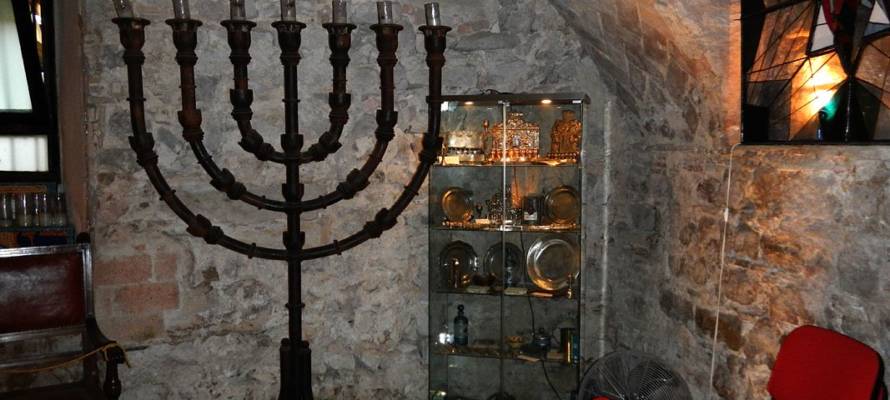“We don’t speak Hebrew in the street because we fear for our lives,” says an Israeli tourist in Spain.
No Israelis have yet been identified among the victims of the deadly Islamic terror attack in Barcelona Thursday night, although authorities were unable to contact three citizens whose whereabouts in the Spanish city.
At least 14 people were killed and 100 wounded when a white van purposely ran into crowds of pedestrians, including tourists from around the world, in the historic Las Ramblas district Thursday afternoon. The Islamic State terror group claimed responsibility. Hours later, police shot and killed five terrorists who rammed into civilians and a police officer in Cambrils. The extent of their injuries has not been confirmed.
Authorities say the two incidents are connected and part of a large terror network rather than the work of lone assailants.
‘We Don’t Speak Hebrew in the Street’
Gabi Ben Gida and his family were among the Israelis traveling in Barcelona when the attack took place. “We don’t speak Hebrew in the street because we fear for our lives,” he said, Ynet News reported. “Many Muslims were sitting with us in the restaurants and we didn’t want to stand out. We are leaving here and heading for another area in Spain and we are supposed to come back to Barcelona in a week. We are apprehensive about our trip in Europe.”
“We went through an extremely frightening experience. It has had a big impact on my daughter. We couldn’t sleep all night,” he added.
Barcelona Chief Rabbi: Jews Must Get Out
Barcelona Chief Rabbi Meir Bar Chen said that all “community institutions” had been closed in the immediate aftermath of the atrocity. Bar Chen confirmed that “this was not a terrorist attack directed against Jews,” following initial reports that a kosher restaurant on the Las Ramblas thoroughfare along the path of the terrorists’ van had been their primary target.
However, the rabbi encouraged Jews to leave Spain and move to Israel.
“Jews are not here permanently,” he said in an interview with JTA. “I tell my congregants: Don’t think we’re here for good. And I encourage them to buy property in Israel. This place is lost. Don’t repeat the mistake of Algerian Jews, of Venezuelan Jews. Better [get out] early than late.”










